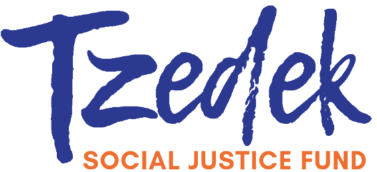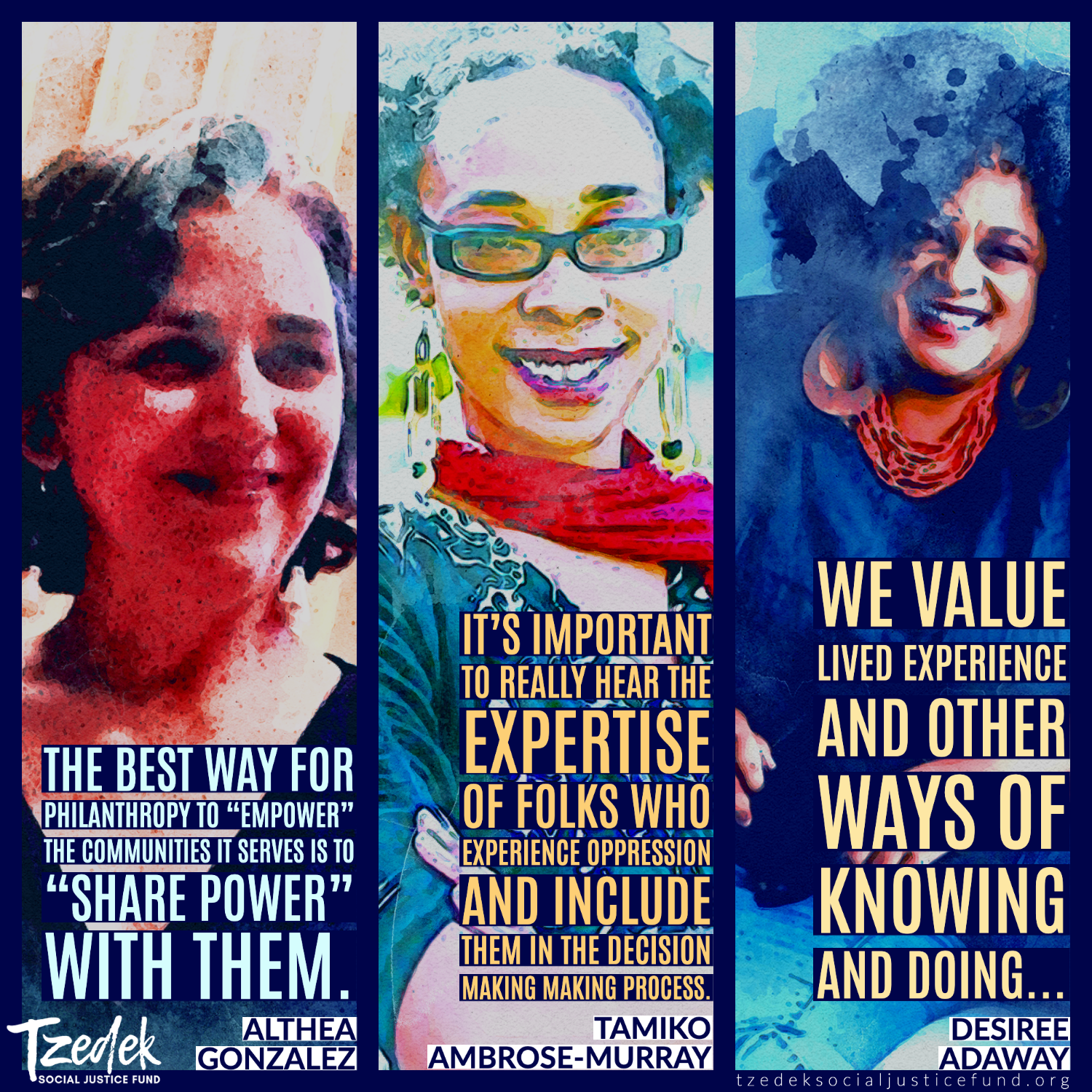Available in Español
In 2021, Tzedek welcomed what we described as a Community-Led Board of Trustees. Like many family foundations, our previous Board was helmed by our founder and funder. The shift to a Board composed of leaders from Asheville’s BIPOC, LGBTQ, and Jewish communities reflects a monumental shift in redistributing governance power.
Most family foundations prioritize philanthropic expertise, legal and financial skills, or family connections. Tzedek kicked off Board recruitment by asking three questions. Who has the wisdom that comes from lived experience? Who has deep experience working for change in grassroots organizations and within dominant institutions? Who embodies the values and practices that are at the heart of Tzedek?
Eight community leaders, including seven women of color, were invited to serve as Tzedek’s inaugural community-led Board, with all of the decision-making, advice, and governance authority of a Board of Trustees.
And yet, we wanted to reimagine the very nature of boards, and so we asked this group to come together to serve as a wise council, as the godmothers of Tzedek, charged with telling the truth as they see it, offering their creative visions, and serving as precious bridges between Tzedek and communities we support.
As part of our reflection about redistributing and seeding power, we asked our Board three questions:
- How has Tzedek grown trust with Board members?
- How could Tzedek and other philanthropic organizations cede power and seed community power through their Board?
- What does it mean to you to be a part of a community-led Board?
Here’s what they shared…
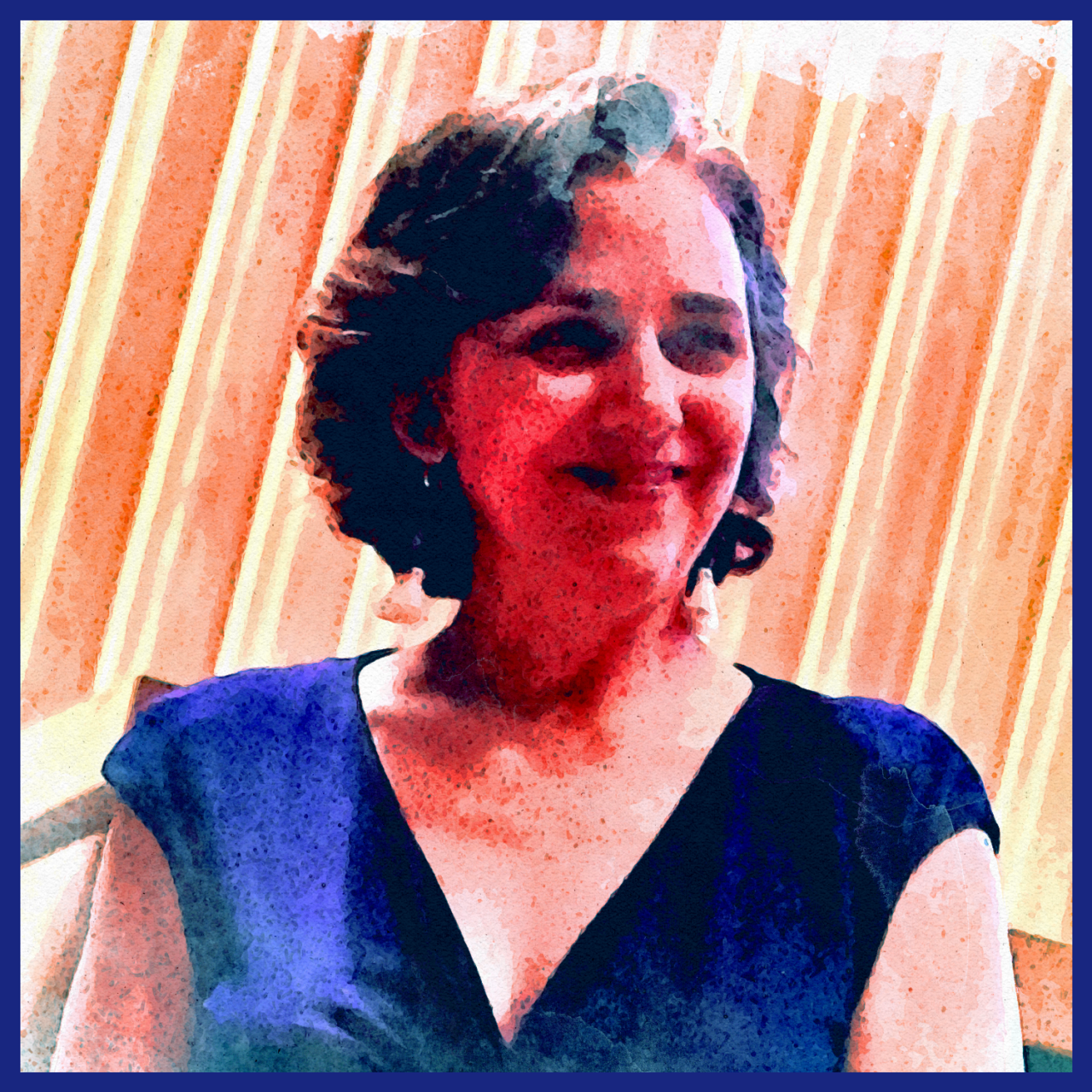
“Philanthropic institutions rarely share power meaningfully, or at all, with the communities they support. Many foundations have boards that are not reflective or inclusive of people who are closest to the issues. Yet, at its core, philanthropy is an act of social justice, embodying the belief that all beings deserve the opportunity and resources to thrive. ‘Nothing about us, without us’ speaks to the essential need to have philanthropic decisions be informed and guided by those who will benefit from it. I’m proud to be a part of Tzedek that walks this talk in many ways – from a community-led board, to community-led grantmaking, to being a learning organization always engaging in open dialogues with the diverse communities it supports, to advocating with foundations about transformative philanthropic practices. The best way for philanthropy to ’empower’ the communities it serves is to ‘share power’ with them. Tzedek is doing that!”
– Althea Gonzalez
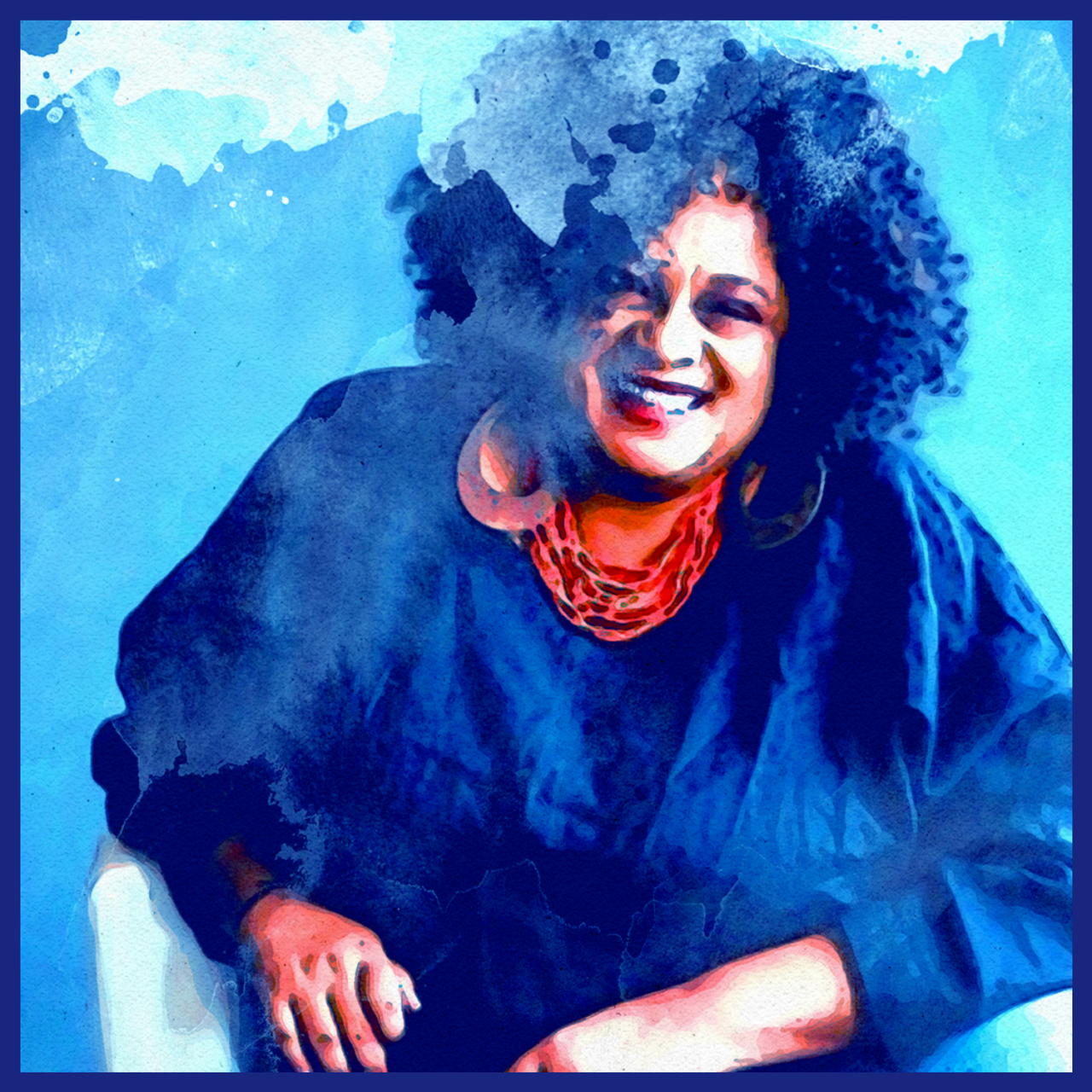
“I love being a part of a community-led board because it always affirms for me how leader-full communities of color really are. We value lived experience and other ways of knowing and doing that are beyond what white dominant culture and capitalism will have us believing.”
– Desiree Adaway
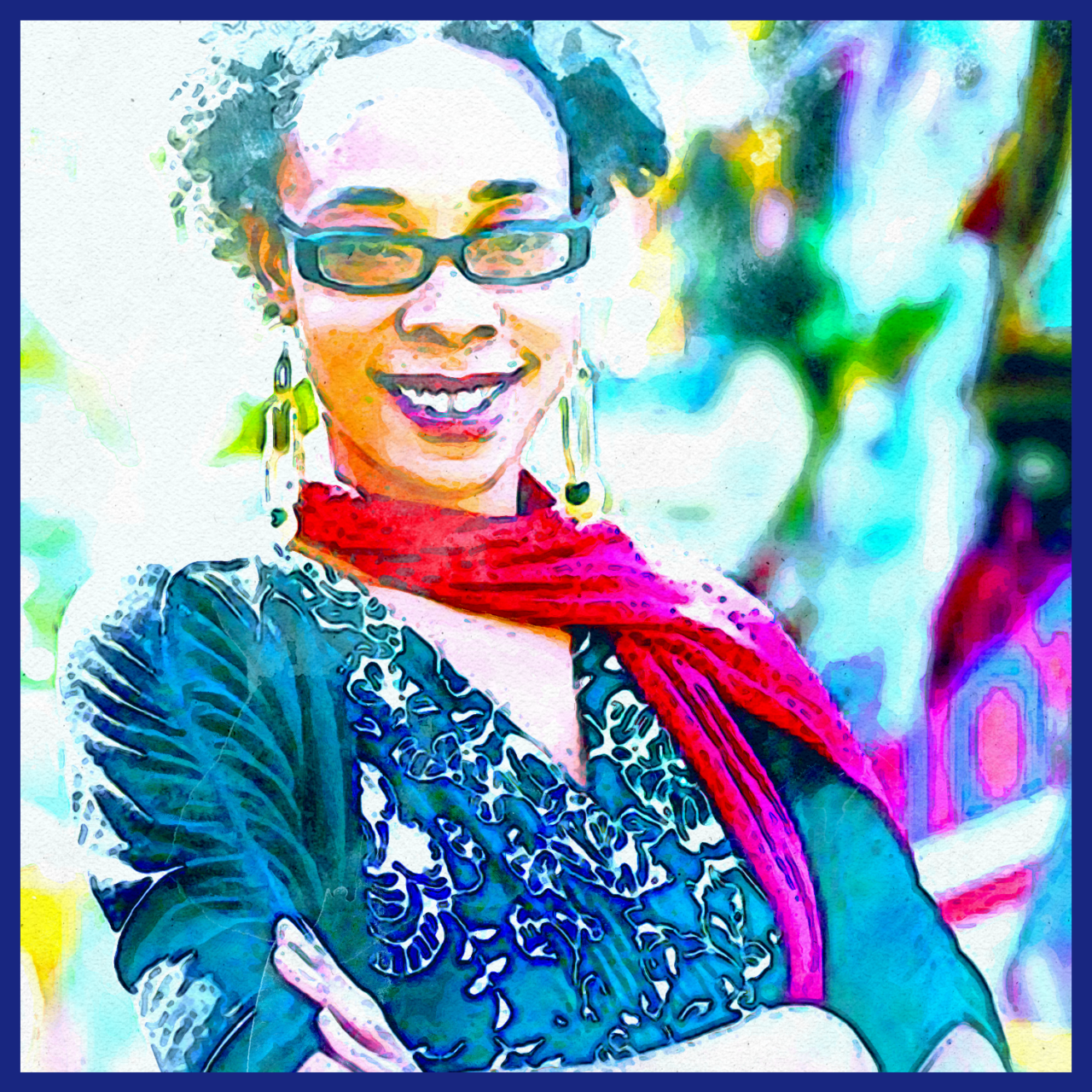
“There’s a commitment to deeply listen to each other. When major decisions are brought to the board, there is effort made to ensure everyone is heard and that concerns are addressed. I feel that what I say matters. The most important step in ceding power to me is the willingness to listen and respond to what you learn from your board and the communities you work to support. It’s important to really hear the expertise of folks who experience oppression and include them in the decision-making process. And to be clear about their role within that. This often means there is trust-building work to do and that the board culture is a space where people’s lived experience is valued as much as the technical skills.”
– Tamiko Ambrose Murray
